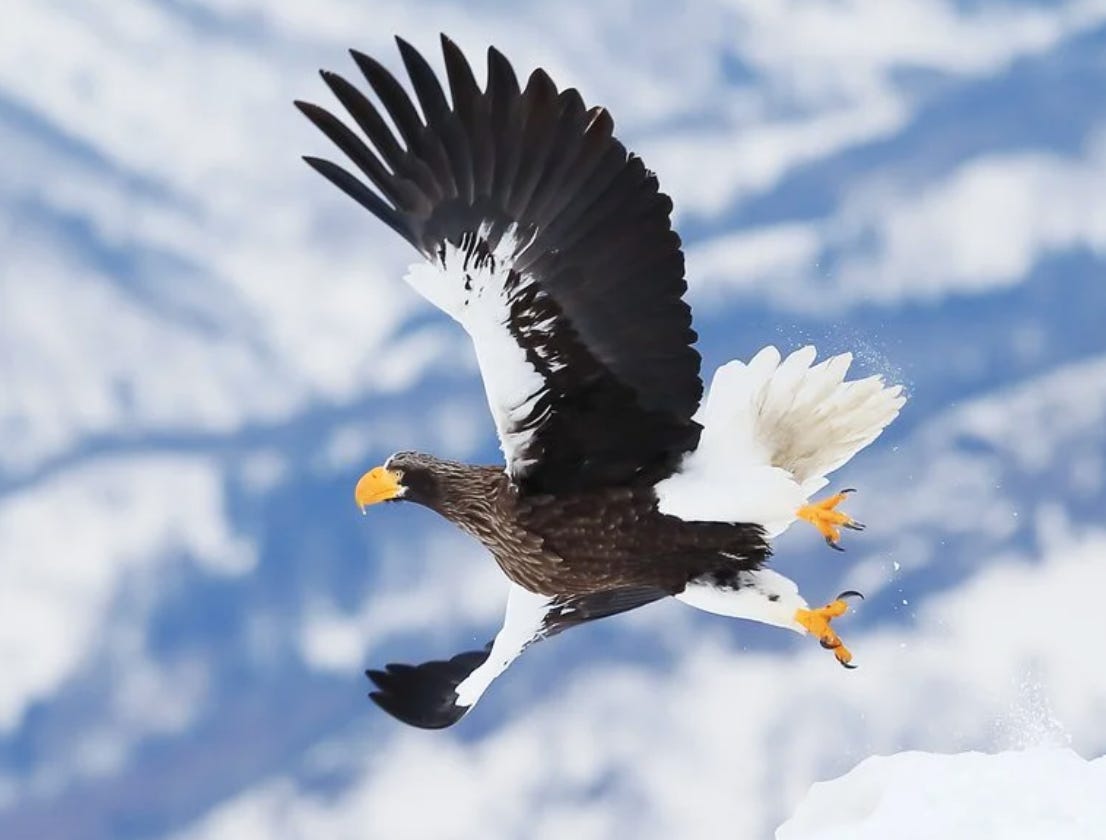Something feels different inside me as we approach the beginning of year three of this changed world.
It’s Wednesday night, getting near the end of an intentionally planned restful vacation week that is moving much too fast. The tree is still up, but I’ve already started putting away the decorations. The long table is now dismantled and stored again downstairs, and boxes for the ornaments are on the floor by the back slider, waiting to be filled. Last year, I kept the tree up till March but I’m already thinking it might not make it past the middle of January this time.
“What do you want to watch tonight?” I say to my spouse Janyce, placing the bowl of popcorn down on the ottoman in front of our couch.
“How about a Russian film from one of these ‘best movies to stream right now’ lists,” she says. She is sitting on the red chair with her laptop open, scrolling.
“That sounds good. I think I’m finally done with Christmas movies,” I say.
The light of this late December day is waning and a soft mist is draped on the vines outside the window like a spiderweb. The powdery snow that fell on Christmas eve has since melted into the soggy ground.
We sit down in the dark beside each other on the couch and watch a movie called The Return, filled with starkly beautiful natural scenes of a vast lake and woodland expanse somewhere in Russia. A father has lost his way, two children are trying to figure out why they feel as bad and mistrustful as they do, and then the ending simply hangs there.
I’ve read recently about this rare sea eagle native to Asia and Eastern Russia —about how it’s hopelessly lost and very alone. Someone spotted it on the banks of the Taunton river in Massachusetts, of all places. Some naturalists speculate that maybe it was blown off course by strong winds fueled by climate change. I can’t stop thinking about it, and how confused it must be. Months and months of false starts trying to get back to its familiar and instinctual flight home.
So many of us have lost our usual hopes for the start of 2022. It’s not that I think things will never be shiny and glittering with promise again. It’s just that I think, like the eagle, I’ve also lost my way this year, my way of looking toward the future.
Don’t get me wrong, I’m grateful that we managed to have a nice holiday with friends and family members even as the Omicron numbers at present are climbing straight up on the chart, surpassing the highest point they hit this same time last year. Something feels different inside me as we approach the beginning of year three of this changed world.
One of my friends in our Tinywins chat texted recently and vehemently, “I’m not staying in lockdown like I did last time. Never again. I’m not losing myself and my connection to others again.” I get that. And I share her frustration. We all have to get back to living fully, to finding a way forward, even as we count so many continuing losses. But sometimes I think that losing your way has some merit, too.
I think about Elizabeth Bishop’s masterful villanelle. I like to imagine that the act of creating, of making art, of writing it down —even after losing everything— is one way forward. Maybe the best way.
The art of losing isn't hard to master;
so many things seem filled with the intent
to be lost that their loss is no disaster,
Lose something every day. Accept the fluster
of lost door keys, the hour badly spent.
The art of losing isn't hard to master.
Then practice losing farther, losing faster:
places, and names, and where it was you meant
to travel. None of these will bring disaster.
I lost my mother's watch. And look! my last, or
next-to-last, of three loved houses went.
The art of losing isn't hard to master.
I lost two cities, lovely ones. And, vaster,
some realms I owned, two rivers, a continent.
I miss them, but it wasn't a disaster.
— Even losing you (the joking voice, a gesture
I love) I shan't have lied. It's evident
the art of losing's not too hard to master
though it may look like (Write it!) like disaster.




